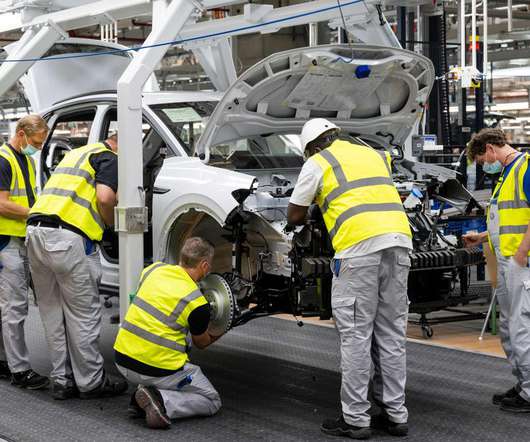Carbon emissions from generating electricity for electric vehicles vary greatly across the individual US states
Green Car Congress
MAY 1, 2023
by Michael Sivak, Sivak Applied Research The overall advantage of battery electric over gasoline vehicles, in terms of well-to-wheels emissions of greenhouse gases, has been well documented. However, the emissions of electric vehicles depend greatly on the energy source used to generate the electricity that powers them.



































Let's personalize your content